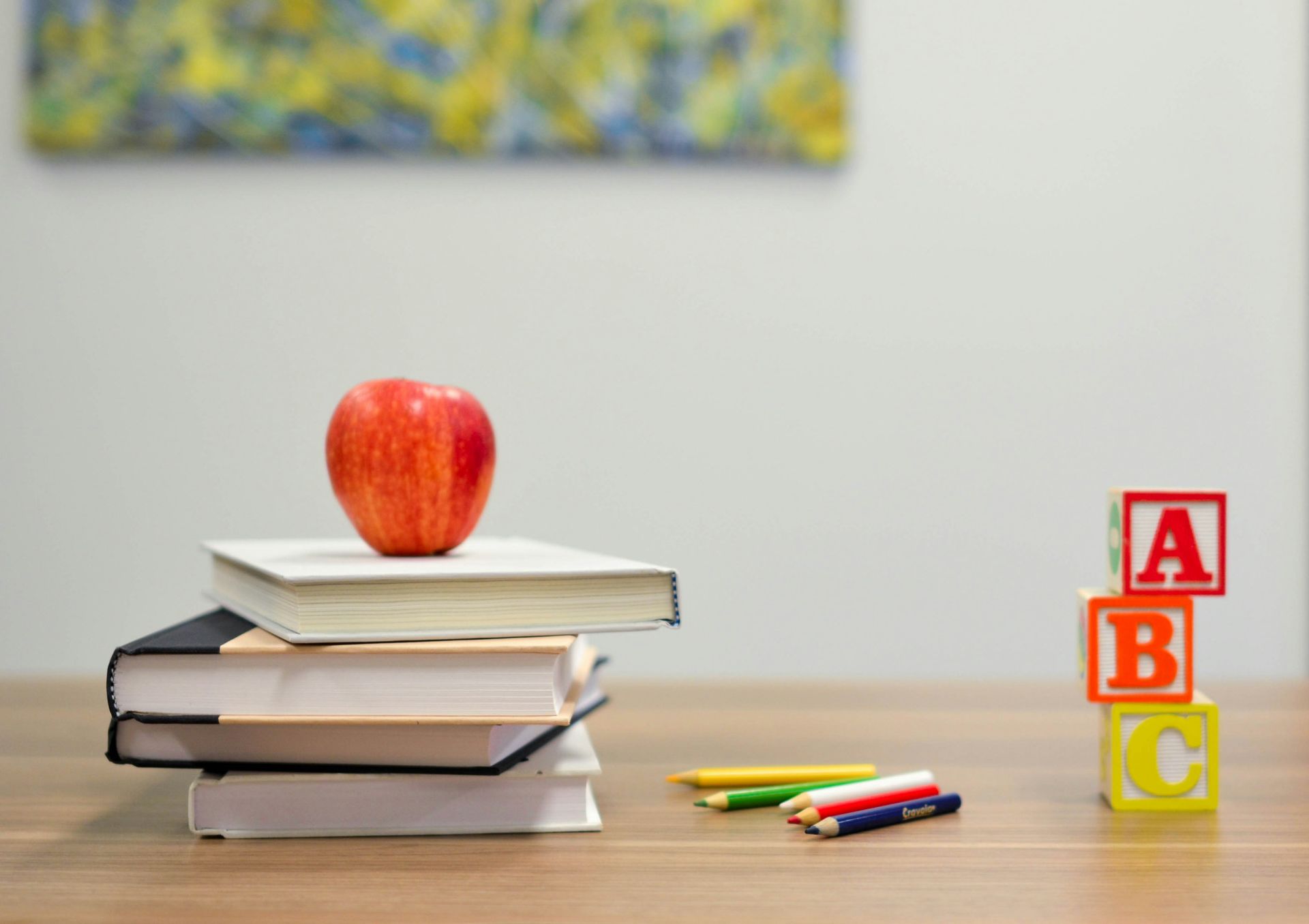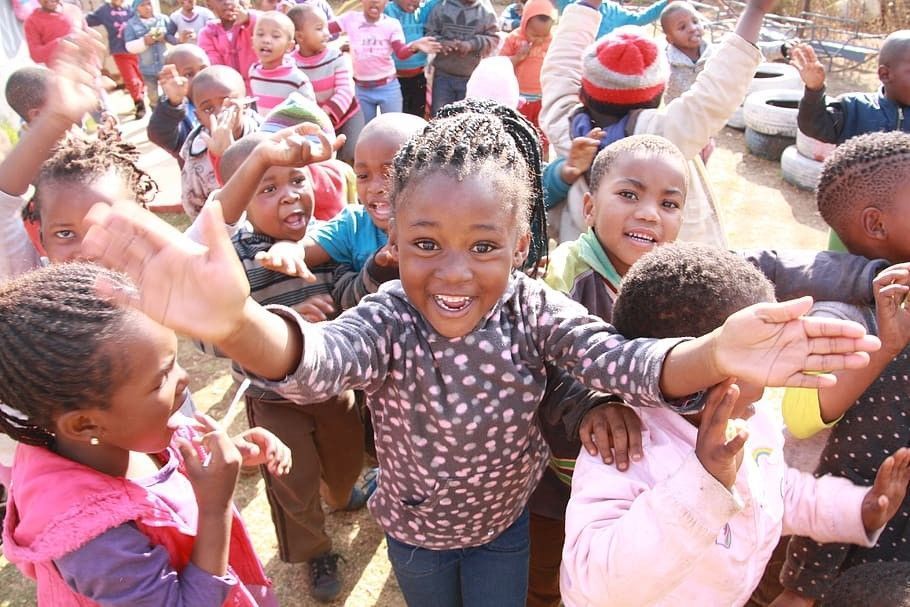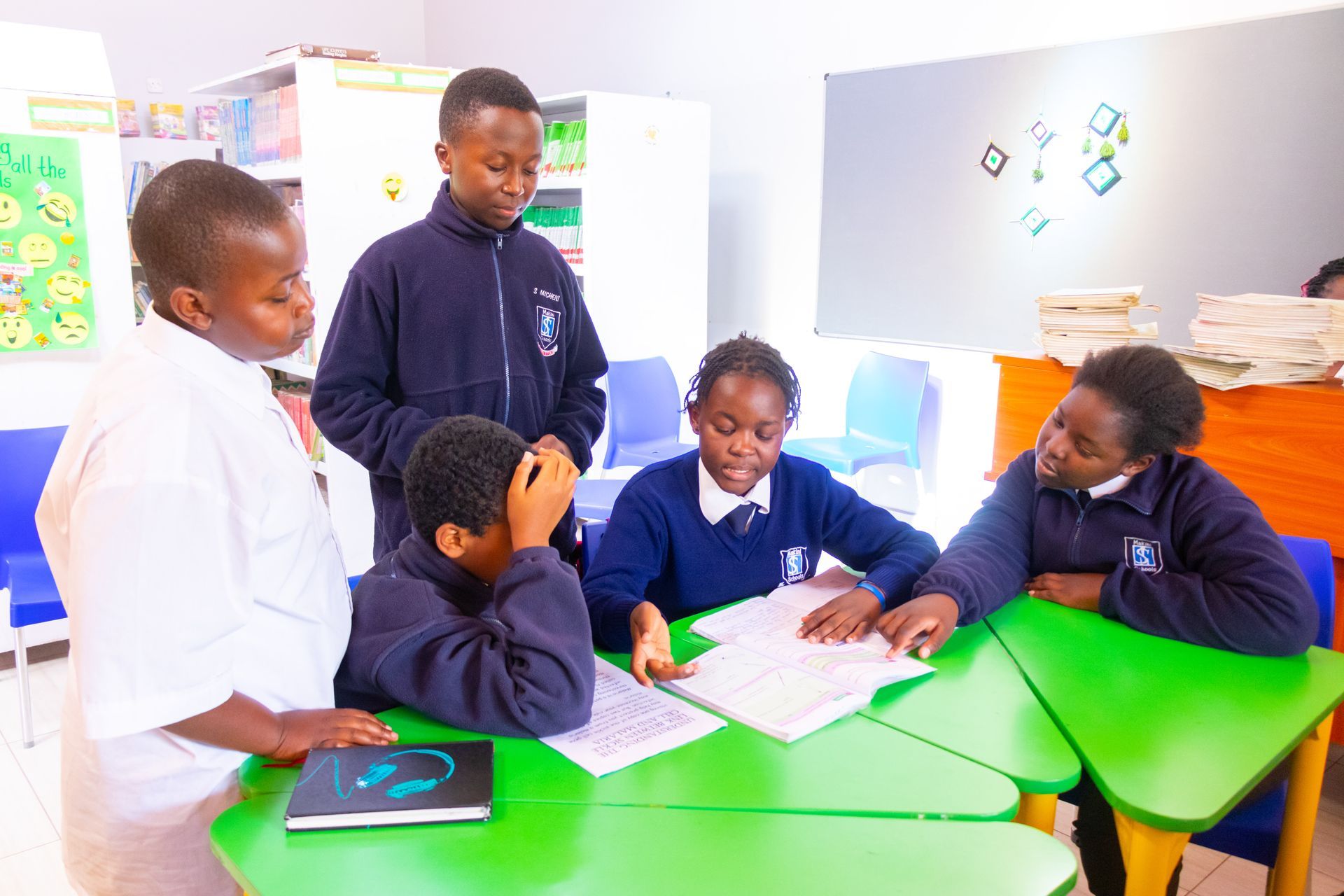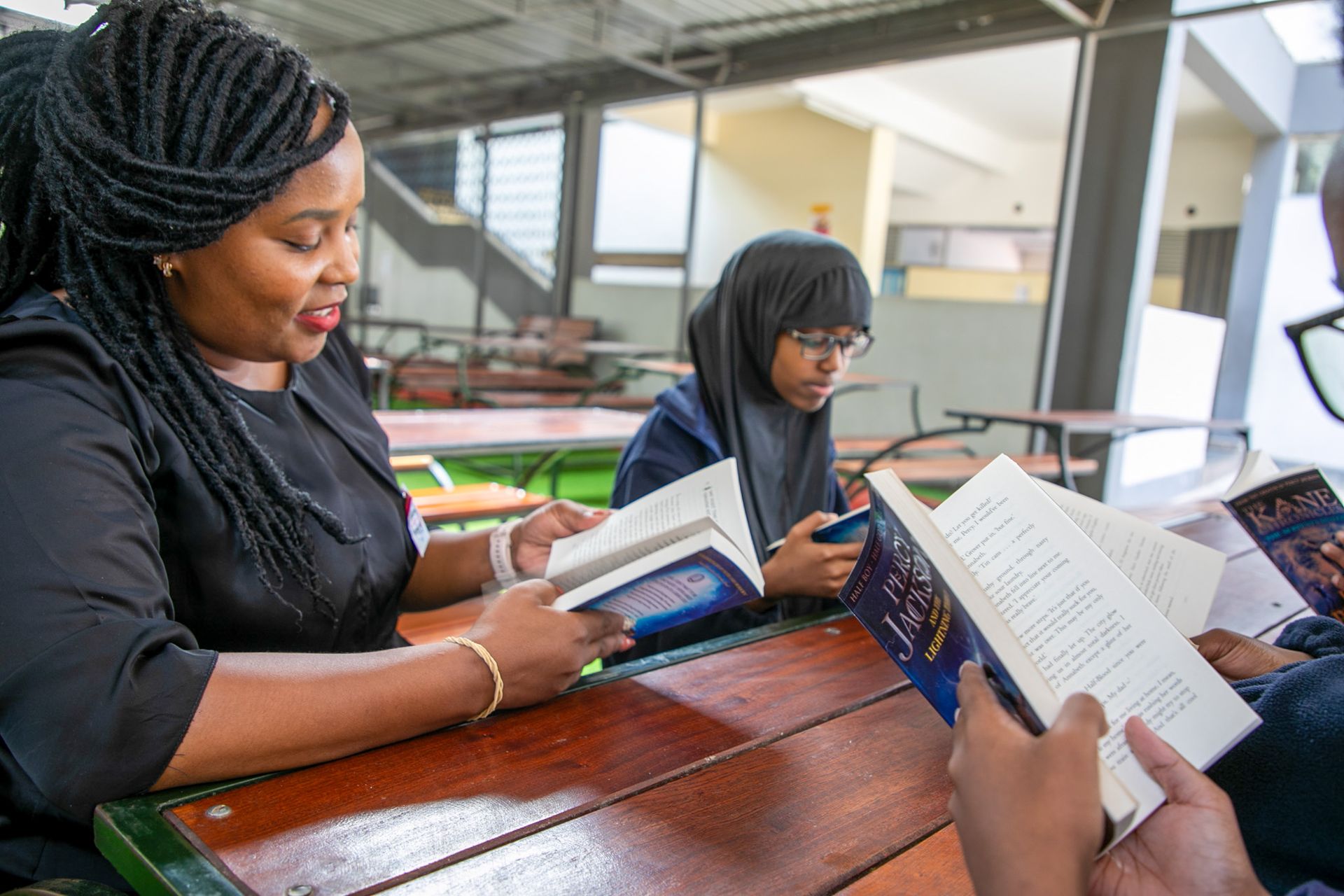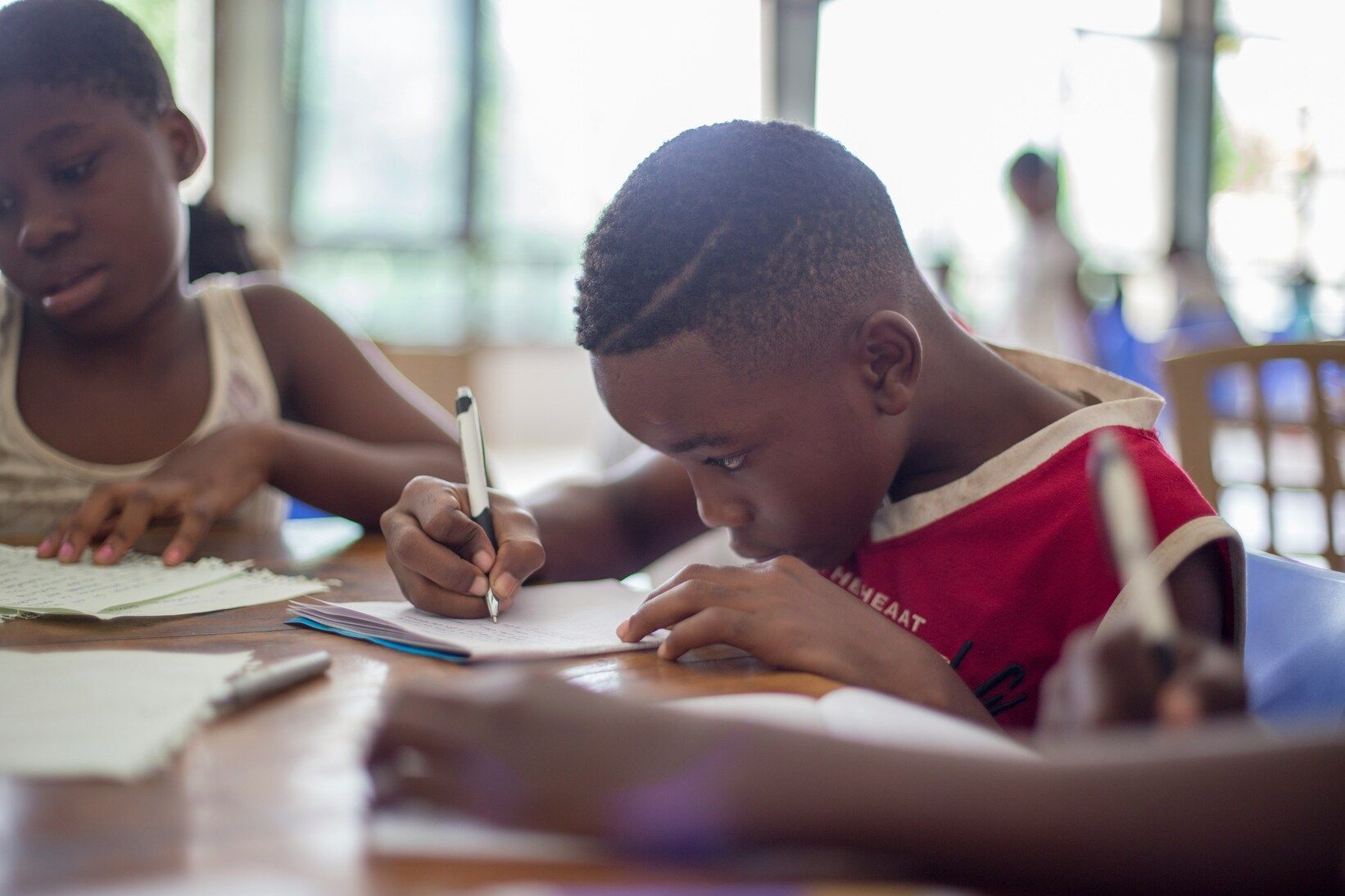Social Safety Strategies For Children
As parents, we want our children to stay within our tight-knit family environment for as long as possible. We usually fear the dangers they could be exposed to in the world. But this is inevitable and therefore, we are better off preparing our children for the world by teaching them the safety measures they would need to consider.
Safety differs from situation to situation. Children need to understand that there are different safety rules when they are not in the care of an adult and when they are on their own. Keep in mind that while these guidelines are in no way the most comprehensive guide, they are intended to ignite our thinking as caregivers on safety measures that we can explore with our children.
- Put your child’s safety first.
As a parent, you are the best person to teach your child about personal safety. Inform your child that effective personal safety skills include smart thinking, strong character and sticking together (safety in numbers). A child’s ability to comprehend and practise safety skills is affected by age, educational, and developmental levels. So, take these into account when teaching your child about safety.
- Teach your children to set boundaries.
Boundaries about places they may go, people they may see, and things they may do. Make a list with your children of their neighbourhood boundaries, choosing significant landmarks they can go to in case of an emergency. Interact regularly with your neighbours. Tell your children whose homes they are allowed to visit and who they may not visit. Reinforce the importance of the “buddy system”, and that it is always okay to say NO. Instil in your child a trust for their instincts. If it does not feel right, they need to get away.
- Keep your radar on.
Teach your children that adults should not approach children for help or directions. Tell your children that if they are approached by an adult, they should stay alert because this may be a “trick.” Never leave children, especially your young children unattended in a vehicle. Children should never approach a car when they do not know and trust the driver, open doors or speak to strangers. It is also not advisable to drop your children off alone at malls, movie theatres, video arcades, and/or parks.
- Listen to your children and teach them not to keep unsafe secrets.
Abuse and bullying thrive in secrecy. Therefore, teach your children not to keep secrets. Know your children’s daily activities and habits. Listen to what they like and what they do not like. Encourage open communication. If your child suddenly goes quiet, let the warning lights go on. We teach our children all sorts of ways to keep themselves safe. We teach them to watch the hot stove, we teach them to look both ways before they cross the street, but more often than not, we forget about body safety. Teach your child that personal boundaries may never be breached without consent. Additionally, let your child know that they can talk to you about any topic or situation. Build trust with your child and reassure them that their safety is your number one concern.
- Get involved.
Know where your children are at all times. Your children should check in with you if there is a change in plans. Know that there is no substitute for your attention and supervision.
- Make sure your children know that you care.
Do not assume that a child knows or remember that you care. Keep informing them and keep showing them how important they are to you. Your children will have better relationships throughout their lives, as well as strong relationships when they are older, when you show that you care. By listening compassionately, you can usually help them figure out good solutions. Be the trusted person in their lives at all times.
- Lead by example and do not let your children throw stones.
Be mindful that our words are powerful. They can light our children up from the inside out or they can land on their shoulders like spears. Model being firm, kind and persistent when you intervene. As an adult take responsibility and remember that your behaviour may mould the way your child deals with situations. Model that one has the right to be treated with safety, kindness and respect, and the responsibility to act safely, kindly and respectfully towards others.
- Assess each child and make safety plans that best suit them.
Assess realistically the capabilities and vulnerabilities of your child. Children should know their full name, home phone number and how to use the telephone. Post your contact information where your children will see it and rehearse it, office phone number and cell phone. Children should always have a trusted adult to call if they are scared or have an emergency. Time is of the essence during an emergency, so it is essential to have a solid family escape plan in place. Spend a family night discussing a solid family plan that will work for everyone.
- Prepare your children to be prepared for those unforeseen unsafe moments.
Rehearse safety skills so that they become second nature. Remember that safety is an ongoing conversation, not a one-time lesson. Remember that one quick action can stop abuse bullying and other forms of emotional or physical violence.
By educating your children from an early age, they will know how to protect themselves in different situations, giving you the peace of mind that you deserve. For optimal safety, always turn to a professional and have the necessary resources on hand for your children and family to turn to.


